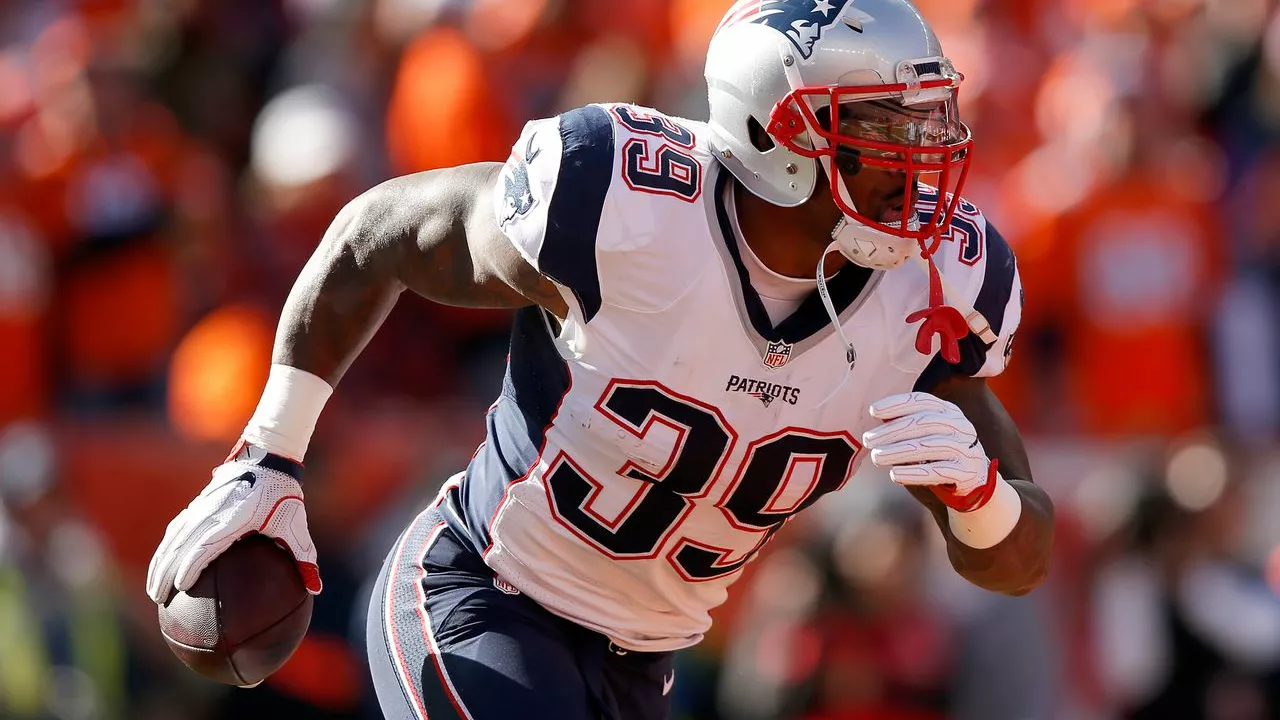Contract Payouts in MMA – Simple Guide
If you’ve ever watched a fight and wondered how much the athletes actually take home, you’re not alone. Most fans see only the headline number – "$500,000 fight purse" – and assume that’s the whole story. In reality, a contract payout is a mix of base salary, win bonus, sponsorship money, and sometimes a share of pay‑per‑view revenue. Let’s break it down so you know exactly what goes into a fighter’s paycheck.
How a fight purse is built
First off, every contract starts with a **base pay**. This is the guaranteed amount a fighter receives just for showing up, win or lose. Promoters set the base based on a fighter’s ranking, experience, and drawing power. A newcomer might earn $10,000 to $15,000, while a headline star can see $200,000 or more.
Next comes the **win bonus**. Most contracts match the base pay – win $10,000, get another $10,000. Some top‑tier deals replace the win bonus with a flat higher amount, especially when a fighter is a big ticket seller.
Then there are **performance bonuses**. Promotions like the UFC hand out extra cash for "Fight of the Night," "Knockout of the Night," or "Submission of the Night." These can range from $25,000 to $100,000 and are a big incentive to put on an exciting show.
Don’t forget **sponsorships**. Even after the unified UFC apparel deal, fighters can still earn money from personal sponsors, especially on social media. A solid online following can bring in a few thousand dollars per fight.
Finally, for the biggest names, there’s a split of **pay‑per‑view (PPV) revenue**. If a fighter’s name is on the main card, they might negotiate a percentage of the PPV sales, which can push earnings into the six‑figure or even seven‑figure range.
Tips to negotiate a better contract
Knowing the pieces is half the battle; the other half is getting a fair share. Here are three practical moves any fighter can use.
1. **Show the numbers** – Keep a record of your fight stats, social media reach, and ticket sales impact. Promoters love data, and a solid spreadsheet can justify a higher base or win bonus.
2. **Leverage timing** – If you’re coming off a big win, strike while the buzz is fresh. Your bargaining power spikes right after a knockout or a headline‑making performance.
3. **Ask for clauses** – Not all fighters think about it, but you can request a guaranteed PPV share, a clause that upgrades your win bonus after a certain number of fights, or even health insurance coverage. Put it in writing, and it becomes part of the contract.
Remember, the contract isn’t set in stone. If you feel a term is unfair, bring it up early. Most promoters prefer to keep a good fighter happy rather than lose them to another organization.
Bottom line: a contract payout isn’t just one number. It’s a blend of guaranteed pay, performance incentives, sponsorships, and sometimes a slice of the PPV pie. By understanding each part and approaching negotiations with data, you can turn a decent paycheck into a career‑changing one.
- Kaius Farrell
- 0 Comments
Do NFL teams have to pay out the contracts of players they cut?
In the world of NFL, when a player gets cut, it doesn't necessarily mean they lose all their money. It all depends on the contract specifics. If a player's contract is guaranteed, then they are entitled to the full payout, even if they're cut. However, if the contract isn't guaranteed, the team has the right not to pay the remainder. So, in essence, the question of payout really depends on the fine print of the player's contract.
View More